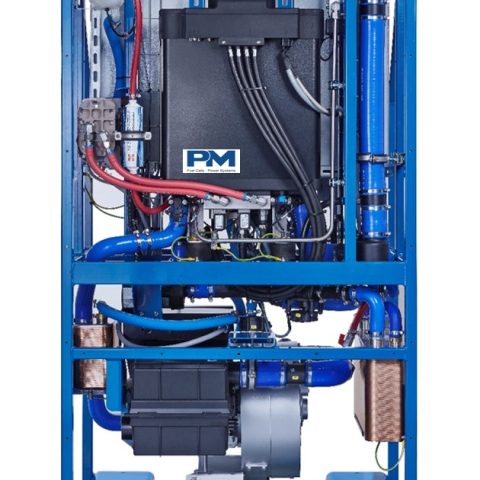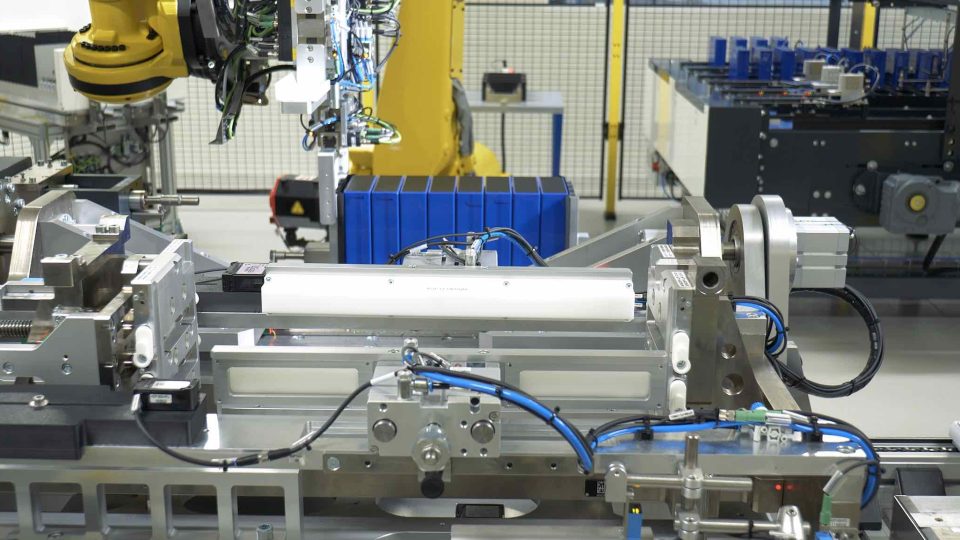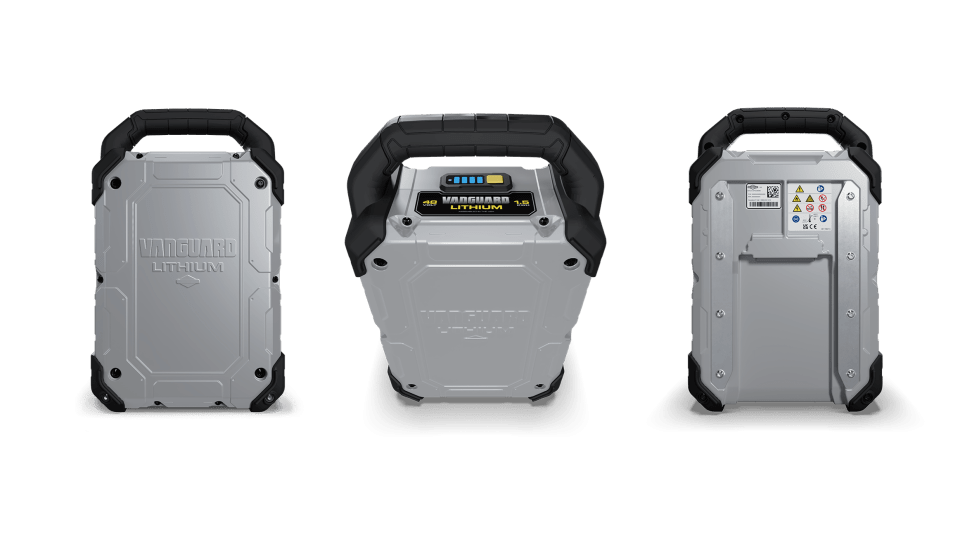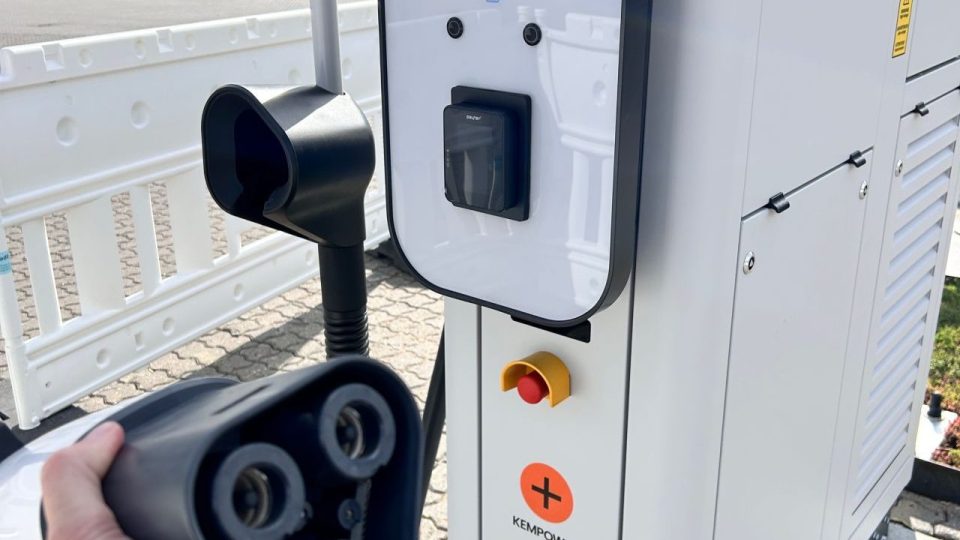A position paper from Proton Motor
Hydrogen fuel cell manufacturer Proton Motor Fuel Cell assesses market potential in the stationary segment as enormous

Proton Motor published a position paper on the potential of fuel cells for stationary applications. According to the German company, the production and use of hydrogen and related key technologies such as hydrogen fuel cells in Germany is still in its infancy.
We contextualise the Proton Motor position paper
The German Minister of Economic Affairs and Energy, Robert Habeck, is thinking big on the hydrogen issue in the context of the “National Hydrogen Strategy” (NWS): Around 10,000 kilometres of pipeline are to be planned in Germany for a nationwide core network. The aim is to reduce dependence on imports and to stabilise energy sovereignty and, at the same time, economic sovereignty. According to a recent study, around EUR 40 billion will have to be raised annually by the German state for the green conversion to achieve climate change. In principle, Europe’s leading developer and manufacturer of emission-free hydrogen fuel cells, Proton Motor Fuel Cell welcomes and supports the NWS and its approaches, especially with regard to the various fields of action. According to Proton Motor’s assessment, the measures sometimes lead to incorrect focusing. In the NWS, large-scale industries (steel, chemicals, mobility) are given clear preference. These industries, however, need an end-to-end supply of hydrogen to drive their transformation. The fact, in turn, requires a functioning national pipeline network, the expansion of which will take at least a good ten years. Especially since the topic of hydrogen to be imported makes it clear that the infrastructure of the exporting countries has not yet been designed with regard to renewable production, distribution and transport.
2032: the hydrogen pipeline in Germany
The window of opportunity for the completion of the hydrogen pipeline, which according to the German government will take place by 2032, should therefore not be wasted under any circumstances. Hydrogen fuel cell technology is considered one of the most important transformation elements for Europe’s future climate-friendly energy transition. Hydrogen is the only way to store large volumes of renewable energy without loss or emissions. The immediate, politically motivated task must be to strengthen the stationary and decentralised energy storage and supply market. Above all, tailor-made subsidies are needed to ensure energy storage and off-grid supply in the form of hydrogen hubs and thus achieve short-term target achievement in the context of sustainable CO2-neutral conversion. H2 key player Proton Motor from the Munich metropolitan region evaluates the stationary market potential, which includes combined heat and power generation for buildings, emergency power systems (such as emergency power systems) and off-grid energy supply, extremely suitable for short- to medium-term investments. The building sector alone is responsible for almost 35 percent of all greenhouse gas emissions in the European Union. For this reason, a new Position Paper appeals to politicians to examine the proportionality of current public funding and to make necessary adjustments in the area of stationary and decentralised funding.







